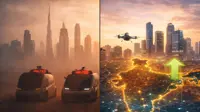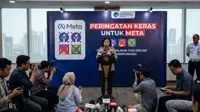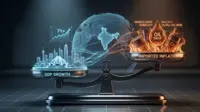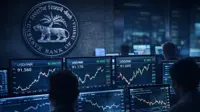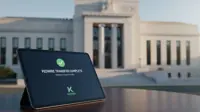Tighter norms for media coverage of terror attacks on anvil: Jaitley
19 Jan 2015
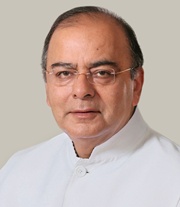 The government may come up with rules to impose restrictions on media coverage of unfolding terror incidents such as the 26/11 attacks, according to finance minister Arun Jaitley, who also holds the Information and broadcasting portfolio.
The government may come up with rules to impose restrictions on media coverage of unfolding terror incidents such as the 26/11 attacks, according to finance minister Arun Jaitley, who also holds the Information and broadcasting portfolio.
Speaking on 'media freedom and responsibility' at the first Justice J S Verma Memorial Lecture organised by the News Broadcasters Association in Delhi, Jaitley on Sunday said the issue was under "serious and advanced consideration of the government".
Calling coverage of terror attacks a matter of introspection for the media and recalling how live coverage of the 26/11 attacks ended up helping the terrorists, Jaitley said, "Should the media have some constraints (on coverage of terror attacks)? Security agencies and the defence establishment are of the view that there should be some restrictions. The issue is in serious and advanced consideration of the government."
Security agencies have often argued that unrestricted media coverage of Kargil war and 26/11 attacks ended up helping the enemy as real-time movement of forces and information related to operations were revealed through media.
Speaking in support of media freedom, Jaitley said technology had ensured that the days of bans and censorship were over. "There are no external threats to media today. State advertisements do not matter anymore as an open economy has ensured that newspapers get a lot of corporate ads. Censorship is impossible because of technology," he said.
Jaitley added that the government would rather have viewers decide what they wanted to watch than government intervening in the matter. "I find it extremely difficult to regulate or discipline the media. Instead, viewers should decide how to discipline it," the minister said even as he added that media had the responsibility to be credible, fair and also play the role of an educator and cover news with circumspection.
Speaking on how digital media had a sense of permanence to its reportage and thus the permanent damage it could cause to people, Jaitley said, "Digital media has a permanent record. However, its standards of responsibility are still lacking. European courts have come up with the idea of right to be forgotten. People have got orders in their favour to get certain reports deleted."
On sub judice matters, Jaitley said, "Can the issue of matters being sub judice be completely given a go by? Media must introspect. It's not to put a blanket ban on these matters but some trial courts are under tremendous pressure when it's a high profile case."
Jaitley also spoke out in solidarity with victims of the Charlie Hebdo attack. He said, "While the content of the paper will be debated, the reaction to it is deplorable. Humour journals are supposed to poke fun at people and things."
Jaitley also took potshots at the media, indicating that it was no more all-powerful. Emphasizing how technology has empowered stakeholders in the media, he said through his blog in the run-up to the 2014 polls, he reached 15 million people, "more than the circulation of any newspaper in the country".
"You can now lay down the agenda (through social media). To any view, the counter-view comes immediately. And then it is picked up by the media. It is as if you are running your own newspaper without any cost," Jaitley said.
